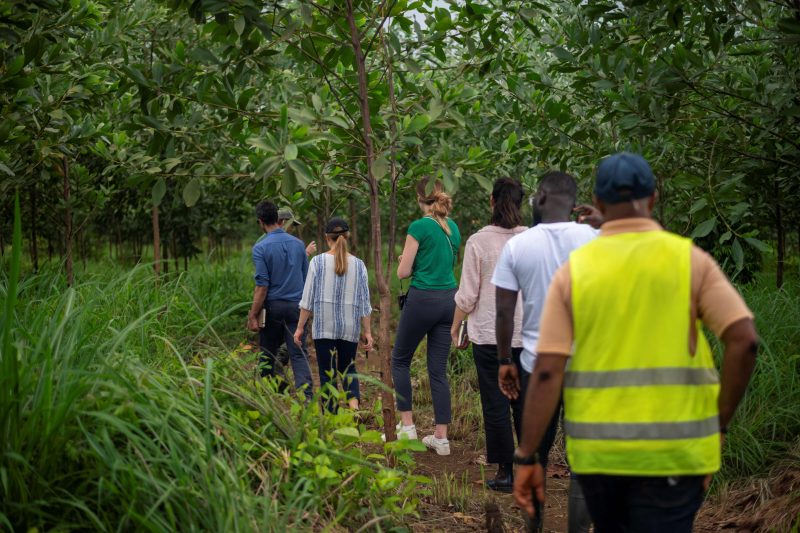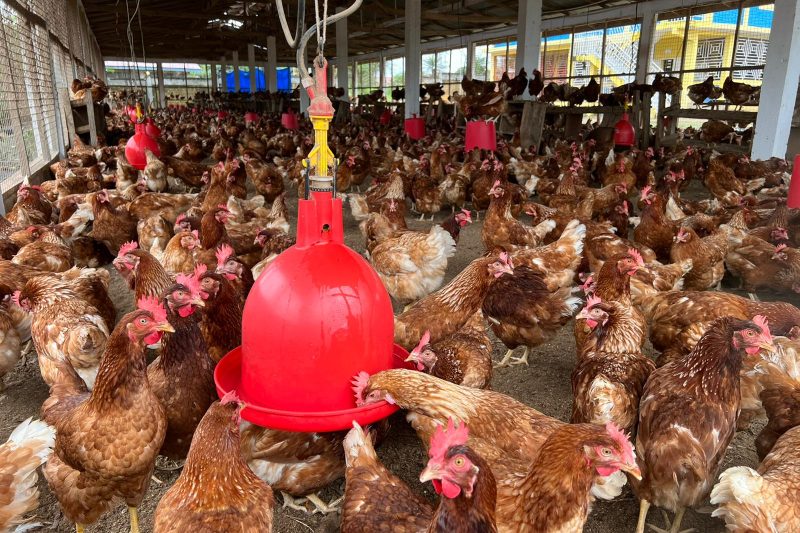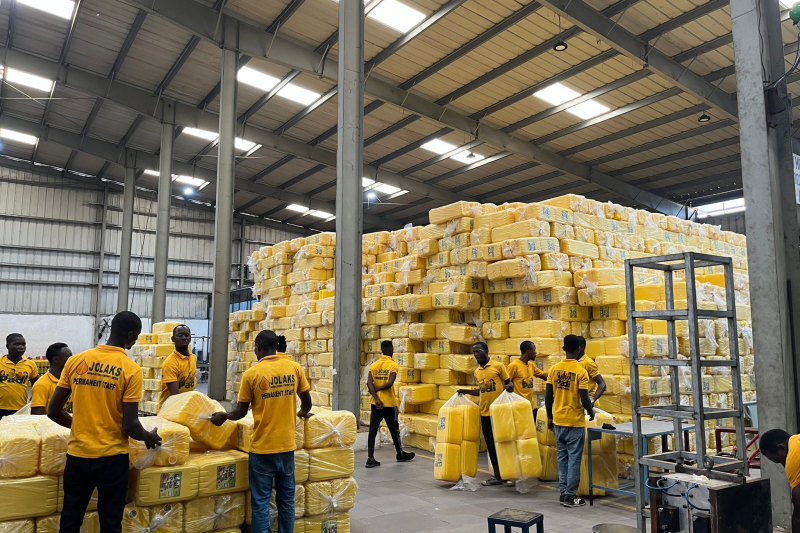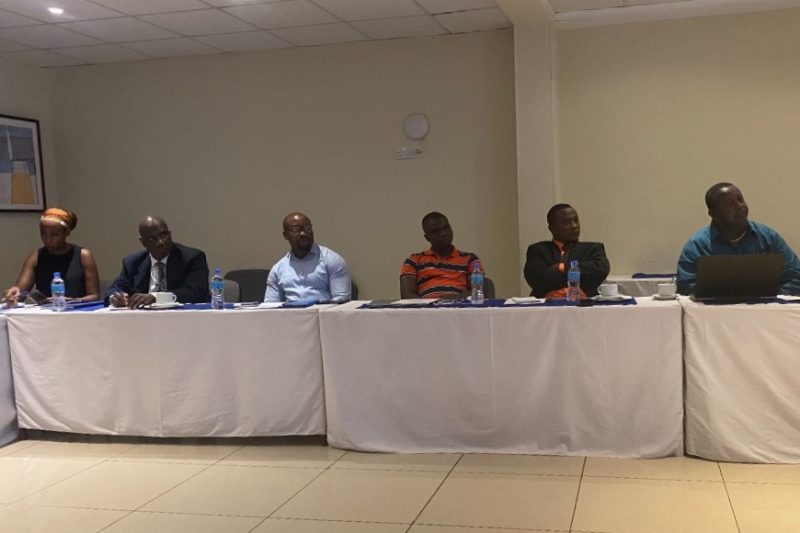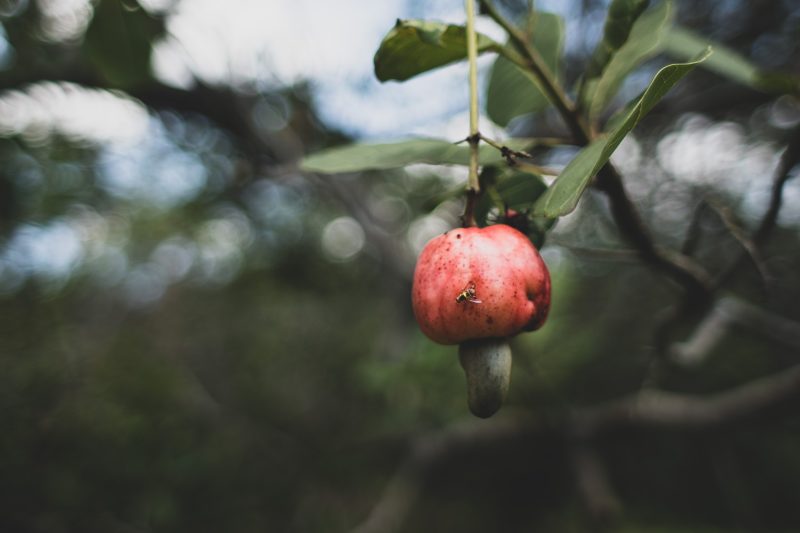With 85% of its cashew orchards due to reach maturity by 2025 in a booming global market, Sierra Leone’s cashew sector has real export and processing potential. At a roundtable discussion in August with pioneering plant-based snack company Red River Foods (RRF), Sierra Leone’s cashew industry representatives agreed on the need to prioritise improved coordination of roles and responsibilities to address quality and productivity issues in the sector.
RRF, based in the US, has over 40 years’ experience and a customer base of 200-plus companies. It is one of the leading exporters of cashew kernels from West Africa. A recent partnership with USAID to increase cashew kernel production in the region will further boost its market position. A week-long field trip facilitated by Invest Salone to explore Sierra Leone’s cashew industry was followed by a roundtable on 21 August. The trip provided an opportunity for Sierra Leonean cashew industry representatives to learn from the challenges faced by other markets and discover how to meet the export requirements of major investors.
Mark Thomas of Invest Salone drew on his recent study of Sierra Leone’s cashew sector to explain that the country’s young and rapidly expanding cashew sector is at a critical stage of its development. With appropriate support, maximum exports per annum could increase from 80 tonnes to around 20,000 tonnes by 2026. Challenges include a lack of experience in quality and post-harvest management, inefficient local processing, an undeveloped market and low yields, which translate into very high local prices. Thomas noted that RRF has faced similar challenges in Ghana, Ivory Coast and other countries.
In response, Senya Joseph (Nii), Field Manager with RRF, commended Sierra Leone’s farmers and NGOs for their good agricultural practices, citing quality seeds, optimum tree spacing and inter-cropping. He also noted women’s active involvement in the sector as farmers, despite issues around land ownership.
Sierra Leone’s challenges, he said, were similar to those in Ghana. Bush fires and poor tree spacing in older orchards were two such problems. Particularly challenging for investors, however, is the lack of data. “Farmers find it difficult to tell the size of their farm, which is a very big challenge, because we can’t measure output or assess the support needed,” Joseph commented, highlighting the lack of readily available information on yield, peelability, price and quality: “Frankly speaking, an investor should be able to come to Sierra Leone and sign a contract based on the quality, but this is something no one could tell me about.” Traders are an additional gap in the marketing process, according to Joseph: “Traders are equally key in terms of exporting because they are the people who gather the product in larger quantities. At Red River Foods, we work with farmers, but we don’t go to all the communities. We sometimes also rely on traders aggregating the product in their warehouses for us.”
In the discussion that followed, Bobson Margai, Export Director with the Sierra Leone Investment and Export Promotion Agency (SLIEPA), suggested that higher volumes of cashew may be available for export, but a significant amount of cross-border trade takes place informally between Sierra Leone and neighbouring countries, especially Guinea. This is not captured in the data.
Balmed CEO, Medgar Brown, attributed this to a lack of buyers within Sierra Leone: “Until farmers know there are buyers in Sierra Leone, they will continue to sell across the border.” At the current planting rate, low volumes would not continue to be an issue for long, he predicted, adding: “If planting continues at its current rate, cashew exports will outstrip cocoa because we are planting polyclonal seeds and because yields are higher in the early days.”
All participants agreed on the urgency of better coordination. Currently, duplication of roles and responsibilities among government agencies creates confusion and delays. Therefore, re-starting monthly sector coordination meetings are a priority. Mr Turay, Head of Tree Crops, Ministry of Agriculture and Forestry, subsequently obtained the agreement of participants to meet in early September.
In concluding, Senya Joseph (Nii) assured participants of the positive impressions obtained by RRF during the week-long trip: “I’m taking a very good message back to Ghana. I hope to see Red River Foods working with each and every one of you. I always say we are competitors, not enemies. The cashew market is so big that even if we compete, there are still cashew nuts left in every market to buy.”
Further reading:


